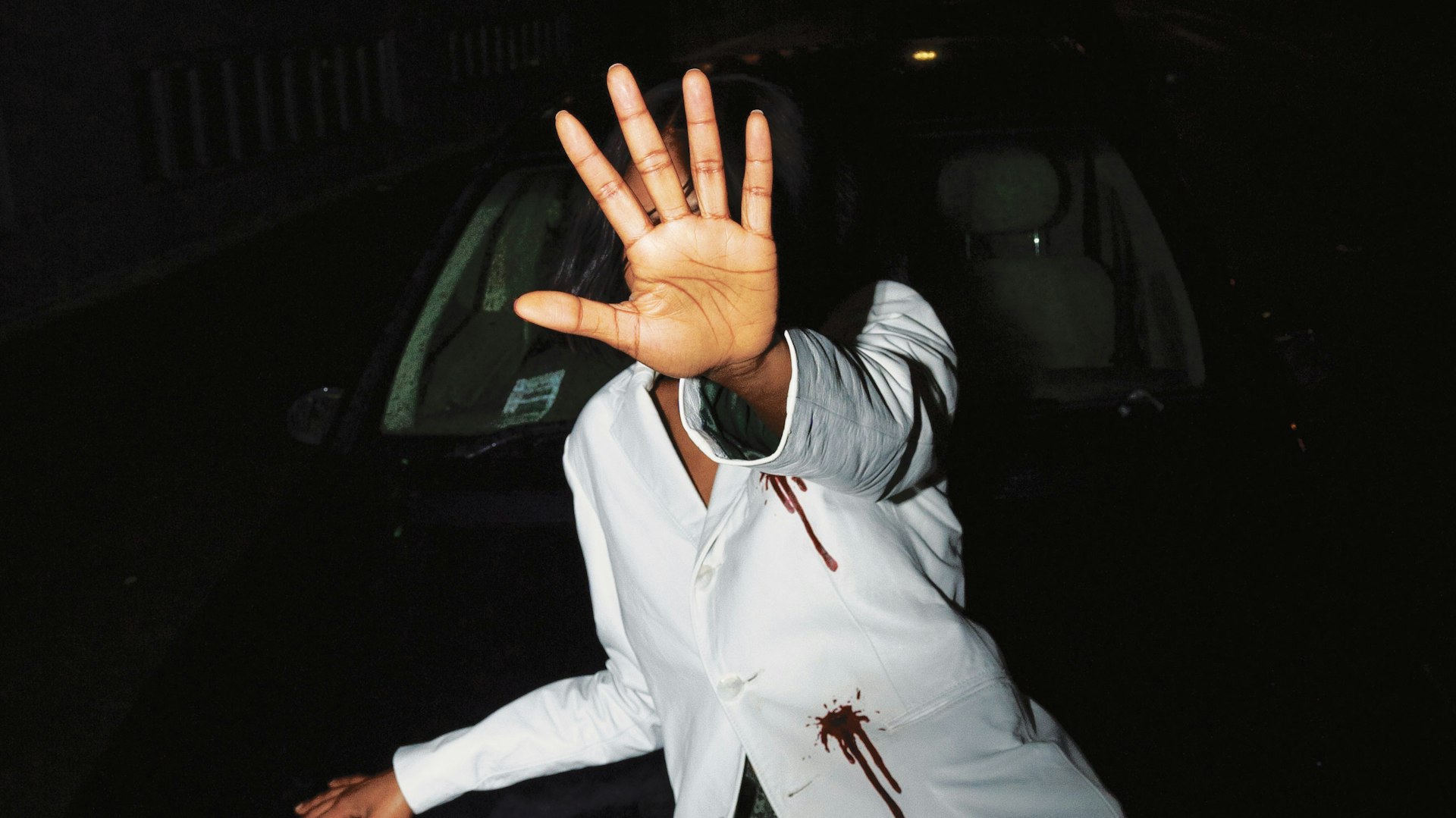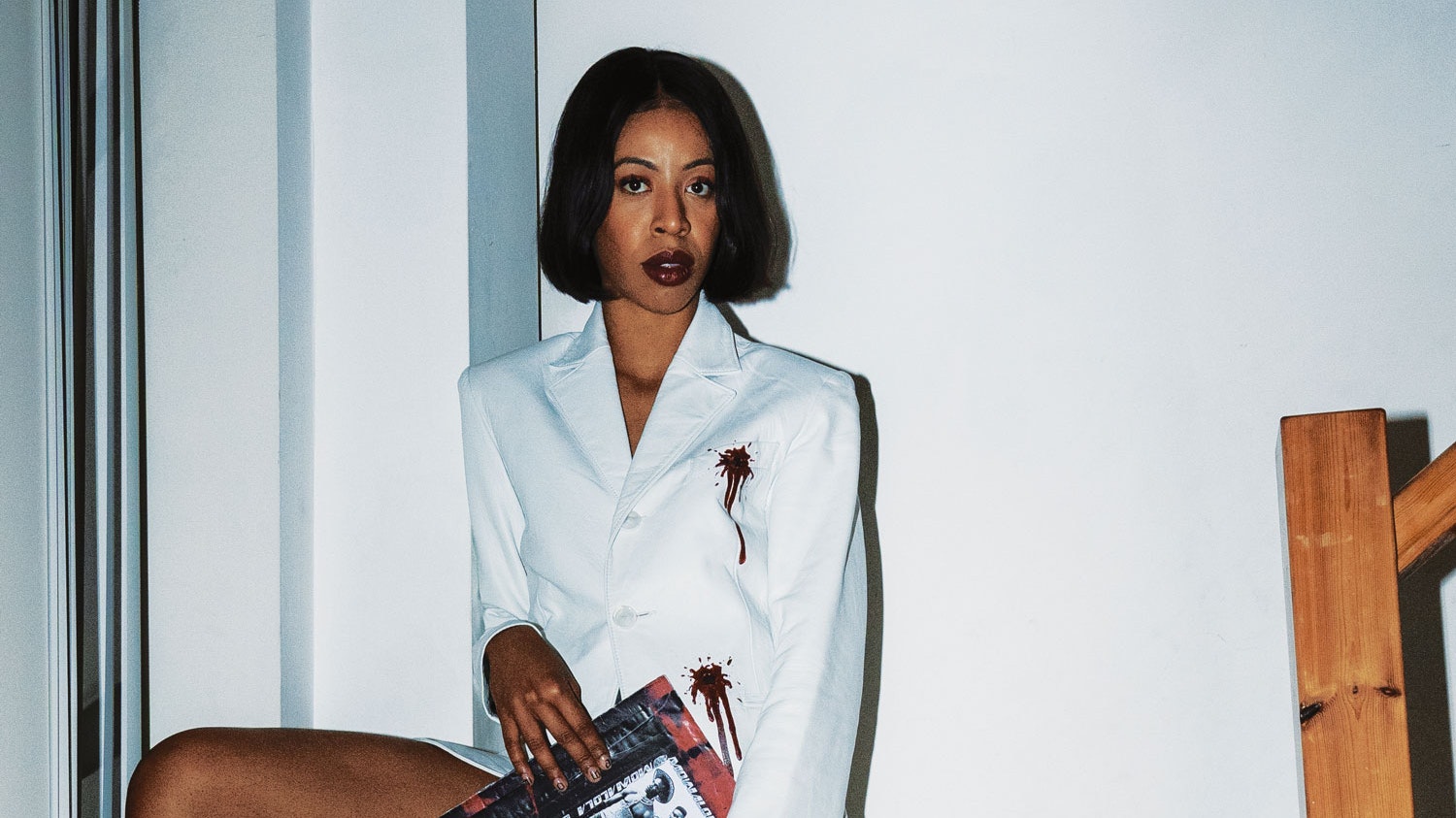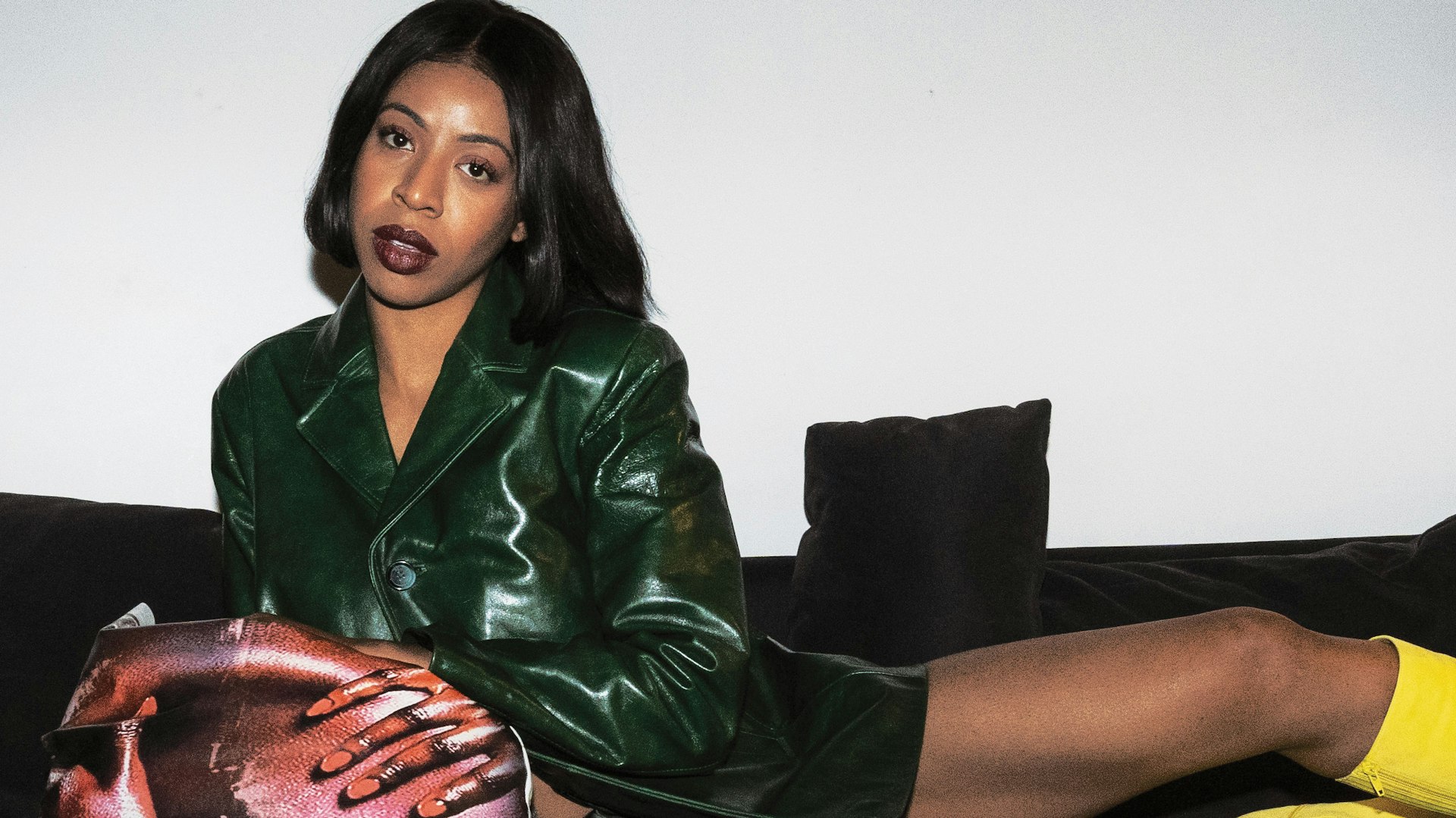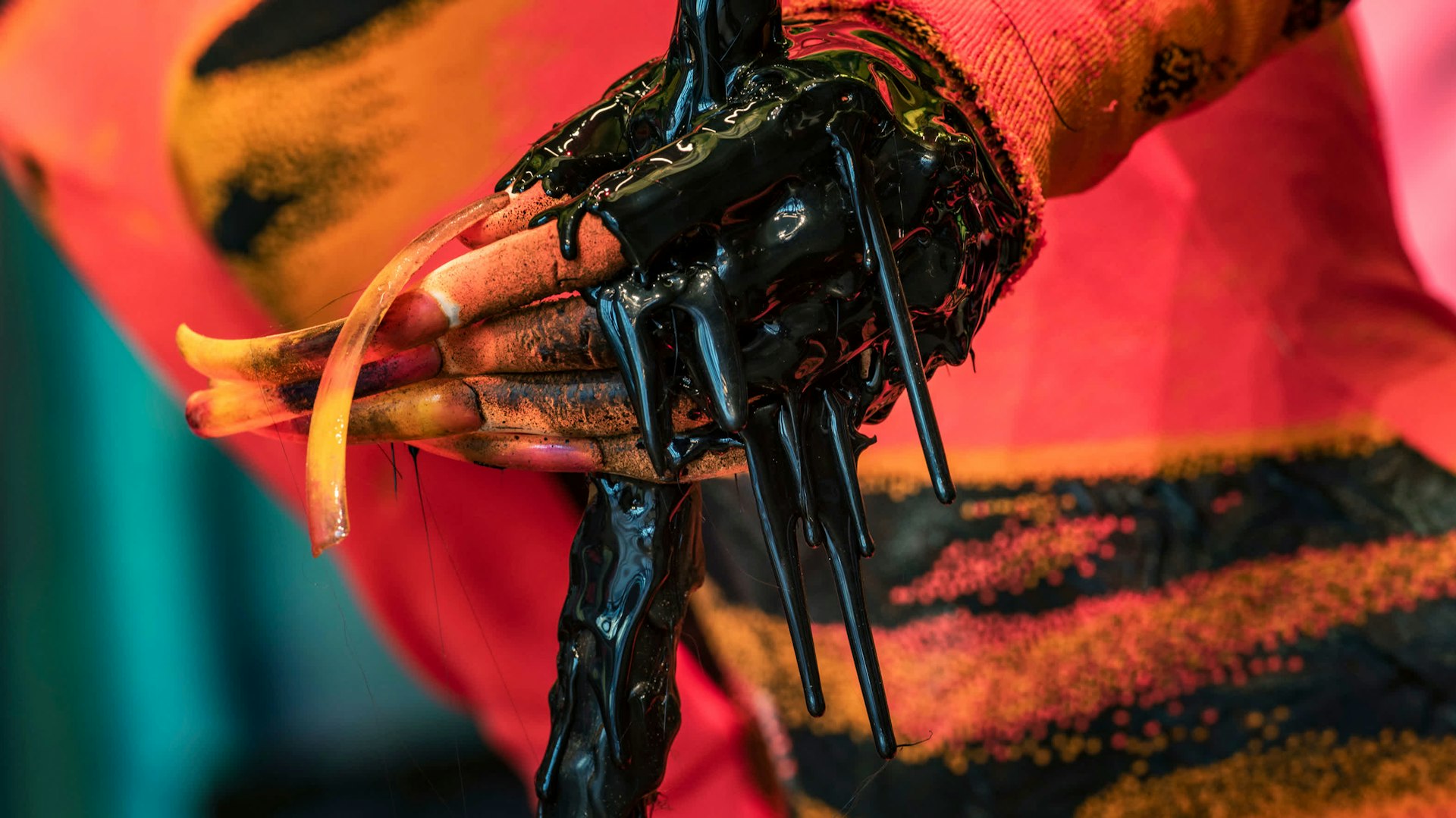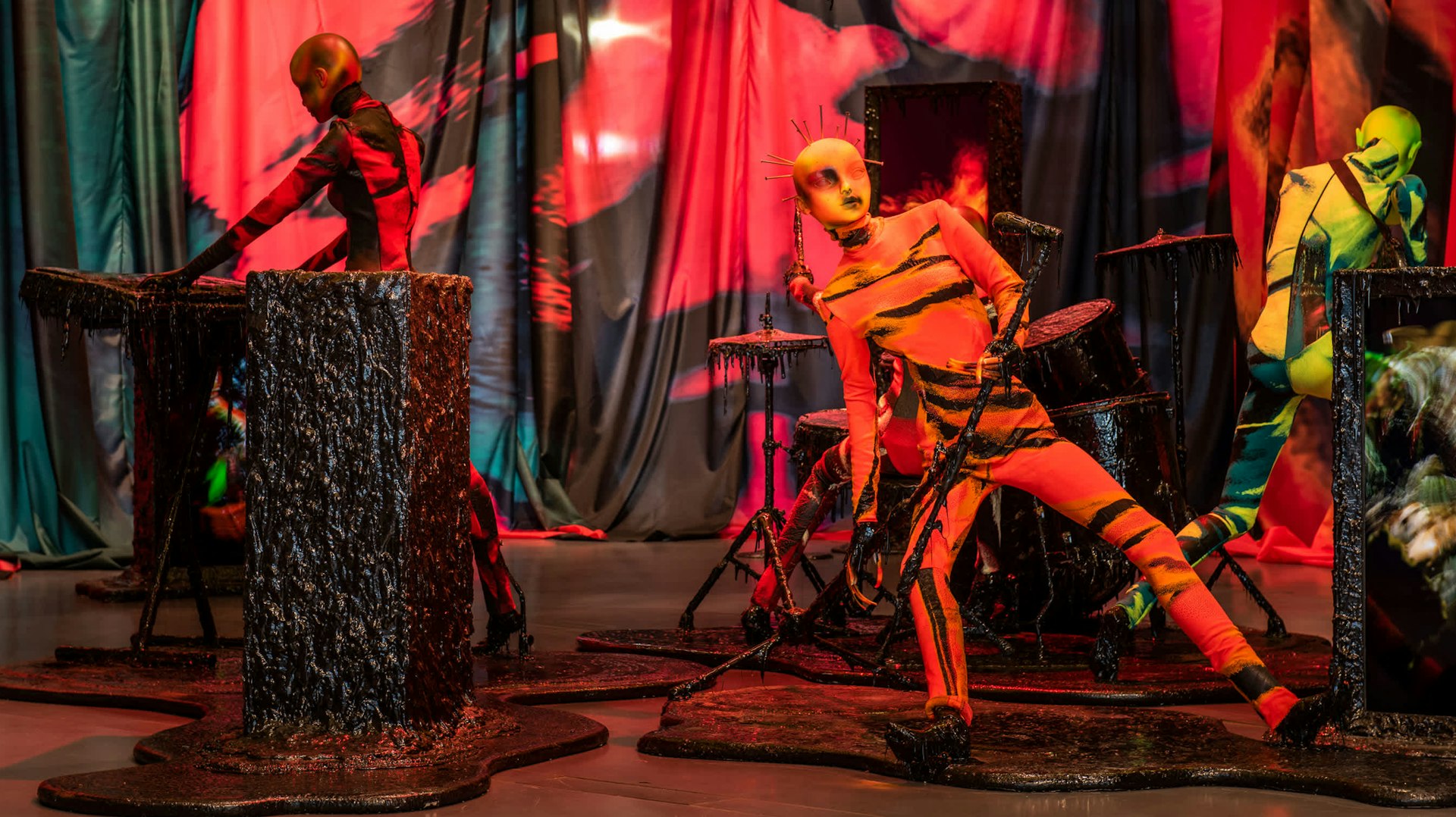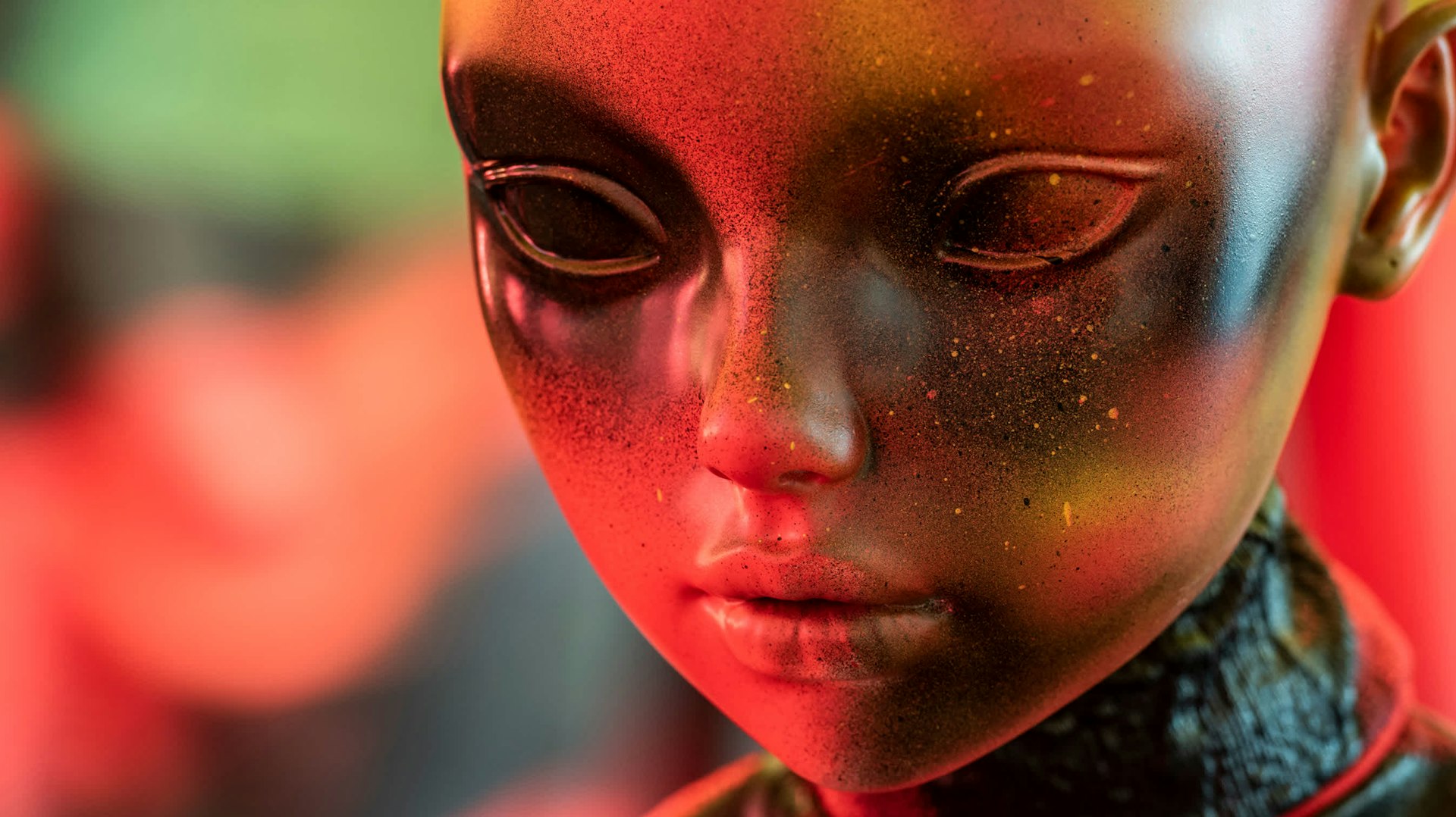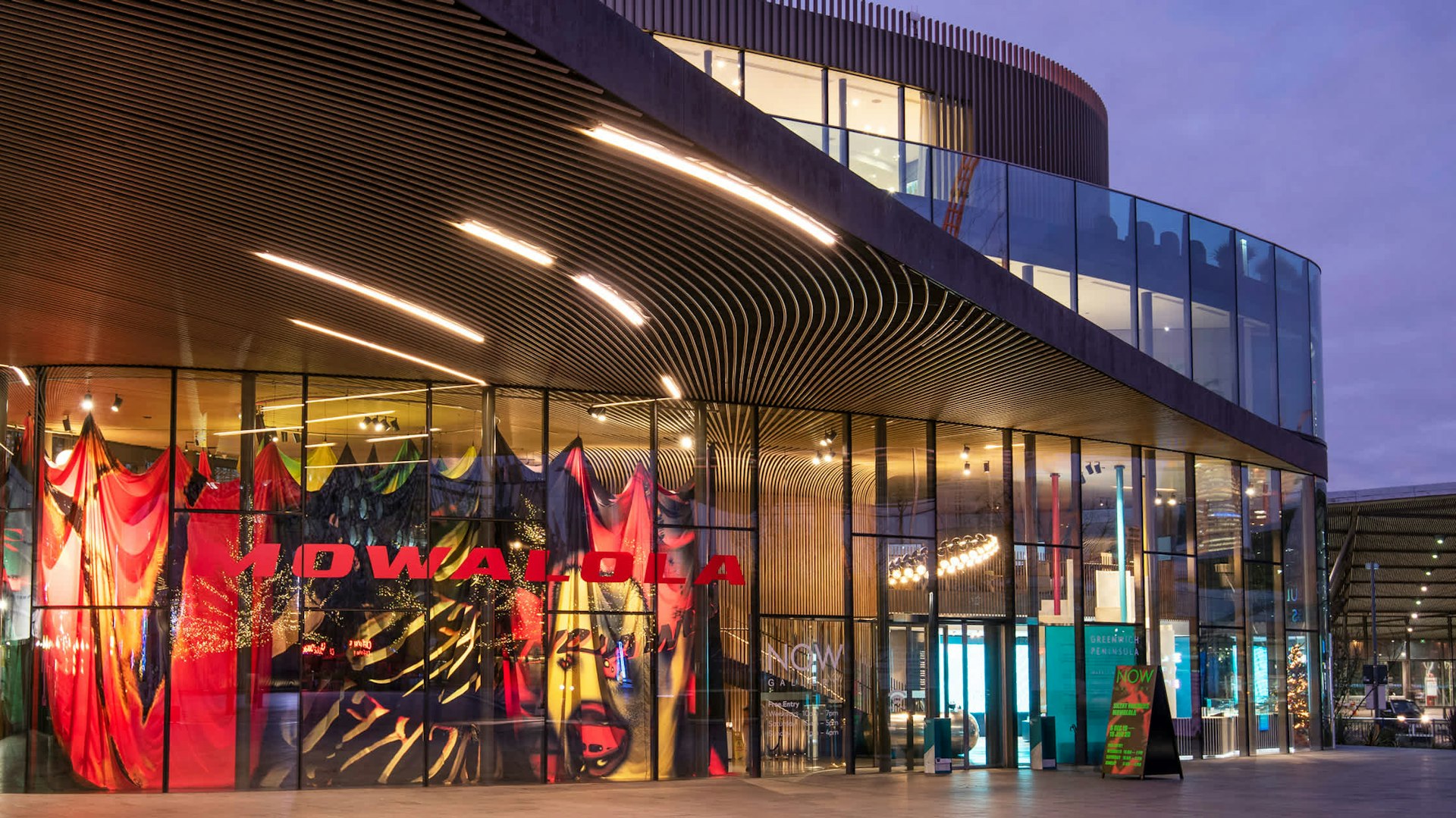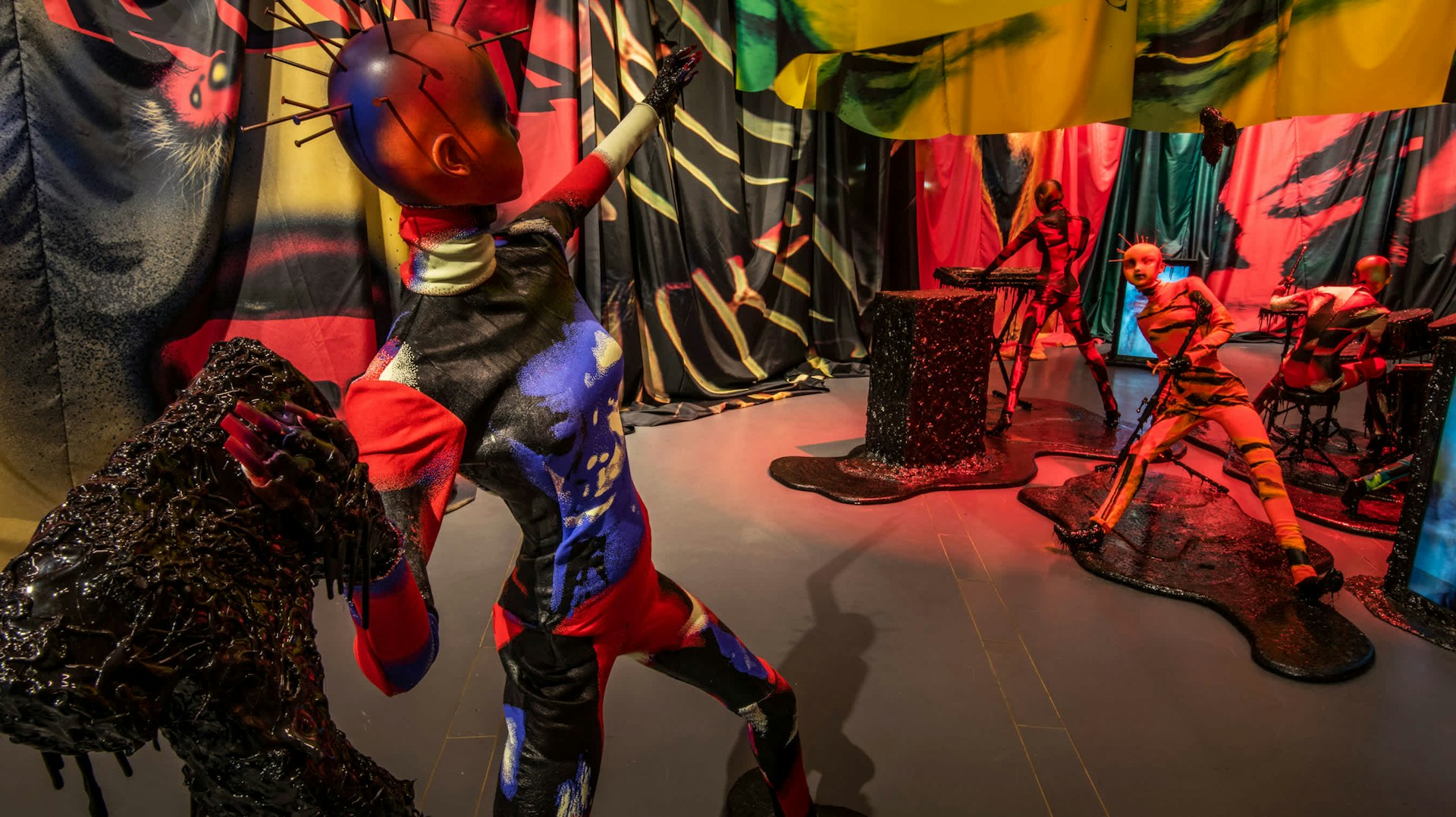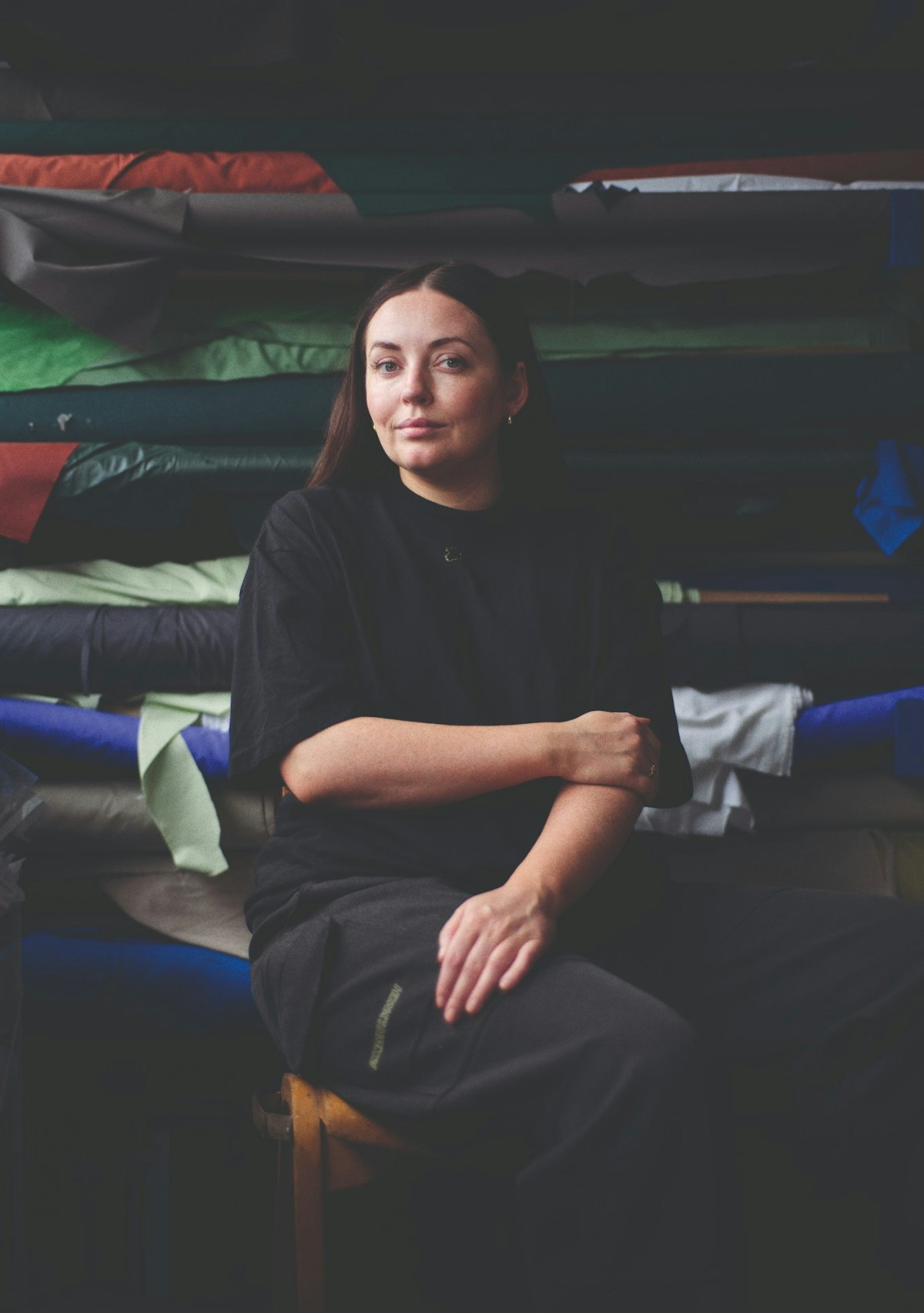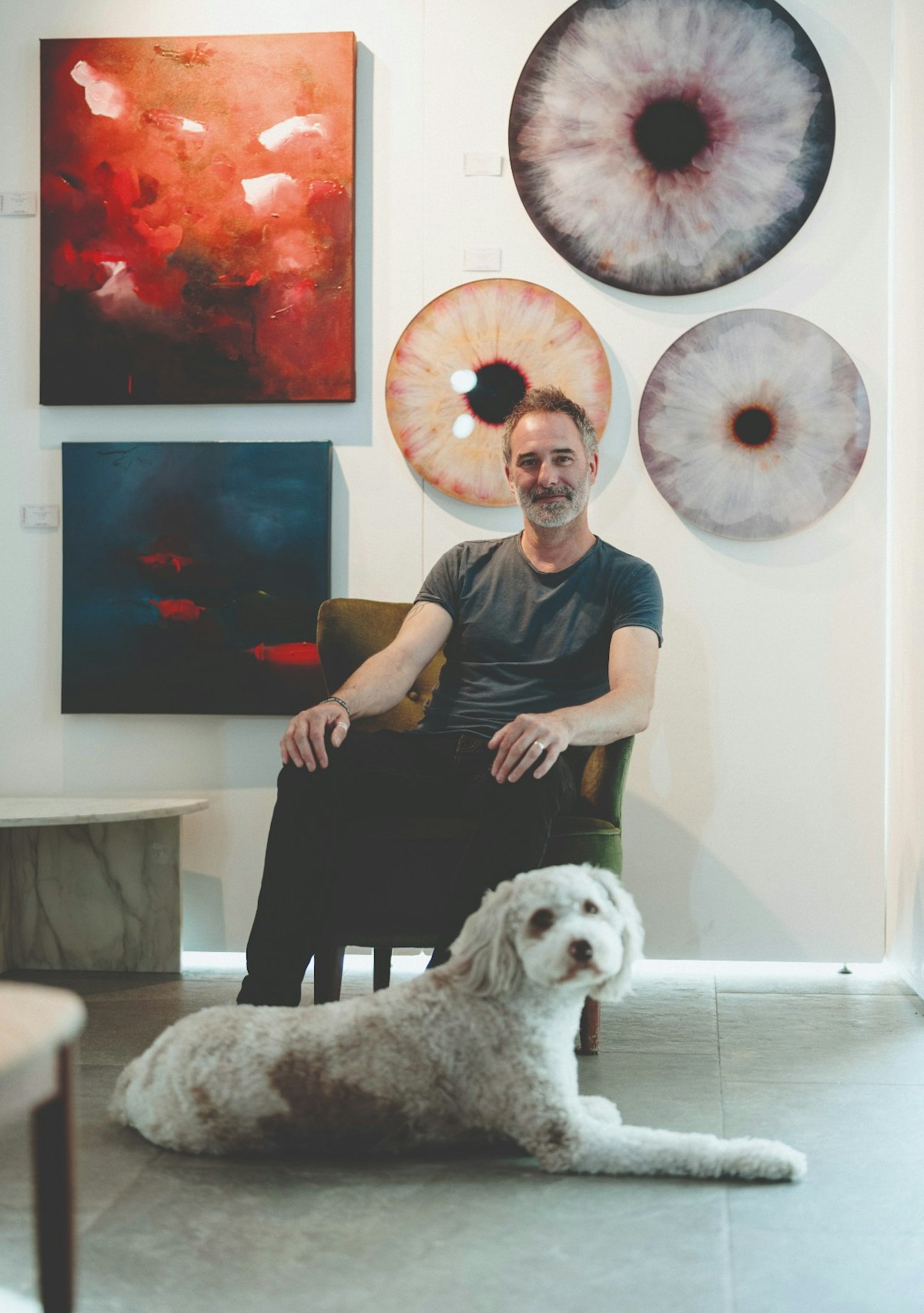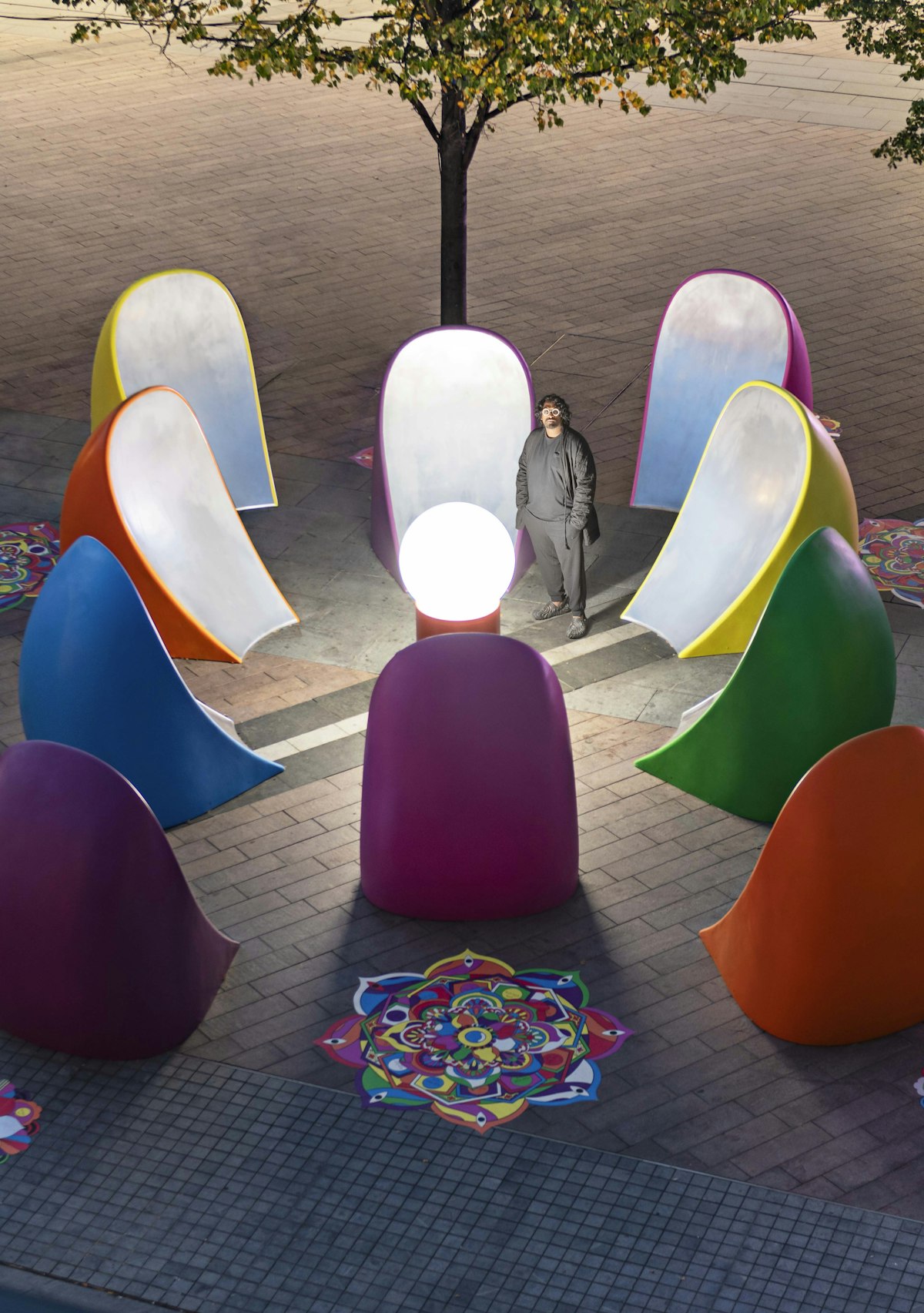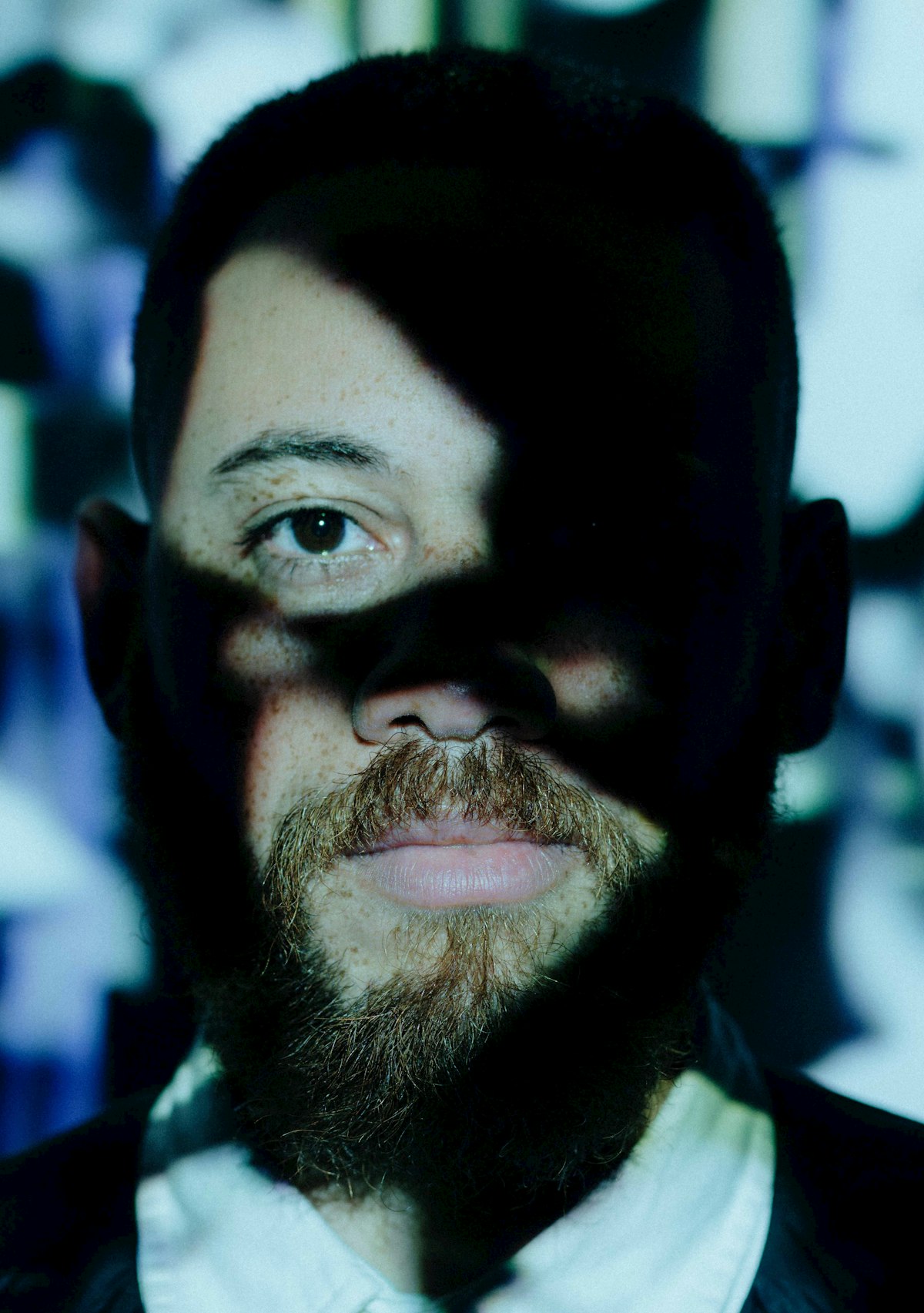
Truly, Madly, Deeply
The young, Nigerian-born fashion designer Mowalola Ogunlesi wants to make clothes that you love and keep like a classic album, yet her new art exhibition at NOW Gallery is a little more unsettling, as she explains to Lauren Cochrane.
Mowalola Ogunlesi, the 25-year-old Nigerian-born fashion designer responsible for the new Silent Madness installation at the NOW Gallery, is not one to mince her words. Speaking to her for a little over half an hour, she opines on everything from how the fashion system is broken, to how the much-respected Central Saint Martins design MA didn’t do it for her, to the double standard that the world has for white designers and designers of colour like her. A stop-in-your-tracks moment comes when discussing her headline-hitting dress with a bullet hole worn by Naomi Campbell in September. “The worst thing you could imagine happening to yourself is getting shot,” she says. “That is how it feels most days for a black person moving through society and just trying to survive.”
Bold statements and statement-making clothes are now part of the Mowalola brand. After completing a degree in fashion textiles, Ogunlesi left Central Saint Martins in May 2018. Her talent and drive saw her fast-tracked. She joined the talent initiative Fashion East run by Lulu Kennedy only months later, and there was a Mowalola show at London Fashion Week by February 2019. With established names like Roksanda Ilincic, Simone Rocha and Gareth Pugh previously coming through Kennedy’s initiative, this is a big deal.
From the first outfit – a pair of skintight leather trousers in black and yellow, paired with the merest hint of a waistcoat on a topless male model – to teeny-tiny skirts paired with leather knee-high boots, all in shiny leather of different colours, and an all-black cast of models, often with brightly coloured painted faces, it was clear Ogunlesi demanded attention. Spring/summer – with bright neon green fabrics, high-cut bodysuits and that bullet hole dress – continued on that journey. It was energetic, punk, celebratory and confident. “I want to make clothes you want to wear forever, that you cherish, that give you some kind of power,” says the designer. “I would love to do a collection and people enjoy it for four years, the same way as someone makes an album and people keep listening to that album.” Notably, along with Campbell, musicians have taken to wearing her clothes – Skepta and Solange included.
From the first outfit – a pair of skintight leather trousers in black and yellow, paired with the merest hint of a waistcoat on a topless male model – to teeny-tiny skirts paired with leather knee-high boots, all in shiny leather of different colours, and an all-black cast of models, often with brightly coloured painted faces, it was clear Ogunlesi demanded attention. Spring/summer – with bright neon green fabrics, high-cut bodysuits and that bullet hole dress – continued on that journey. It was energetic, punk, celebratory and confident. “I want to make clothes you want to wear forever, that you cherish, that give you some kind of power,” says the designer. “I would love to do a collection and people enjoy it for four years, the same way as someone makes an album and people keep listening to that album.” Notably, along with Campbell, musicians have taken to wearing her clothes – Skepta and Solange included.
Ogunlesi sees fashion as primarily a form of self-expression, and the current structure of the industry – where designers create a collection and show twice a year – is not right for her. “I don’t want to just make clothes for money and keep producing when I don’t have to,” she says. “It’s very emotionally draining to put so much of yourself into a collection every six months, it’s not sustainable for my own mental health.” Silent Madness, by contrast, is a project where self-expression can run wild. A passionate music fan, Ogunlesi saw an opportunity to stretch her creativity. Every visitor will be issued an MP3 player and headphones, with the ability to soundtrack their own experience, playing five tracks specially created for the installation. “They can skip through each track or go back to one or listen to one over and over again, it’s really up to them,” she says. “Each person can experience it in a different way.”
“I want to make clothes you want to wear forever, that you cherish, that give you some kind of power.”
Silent Madness features the colour and energy seen in the two Mowalola shows so far. There are walls covered in fabric of her design, a “band” of mannequins dressed by her, and a series of films, which are a collaboration between Ogunlesi and director Finn Mactaggart. However, there’s also a dark side, which is represented through the use of tar. “My world is celebrating life and love and self-love,” she says “but I also just love darkness and – I don’t want to say demonic energy – but maybe monstrous energy, the idea that you don’t need to go with what society wants you to be like.” This statement is followed by a mischievous high-pitched giggle.
Going with what society wants you to be like is a concept Ogunlesi has never had much time for. Perhaps that is down to an upbringing in Lagos where both of her parents were fashion designers, and keen for their youngest daughter to follow in her footsteps and know her own mind. “Whenever we would go out shopping, I would ask my mum, ‘What do you think about this?’” she remembers. "She always used to say, ‘What do you think?’ It used to piss me off, but I realise she was trying to make me know what I like myself, which I later understood and came to love.”
Ogunlesi’s background was practically orchestrated to give her a unique vision. She grew up without wifi, with her only access to pop culture coming through MTV. Andre 3000 – the famously fashion-forward musician – was an early influence: “Growing up and seeing a man like that…he could be every man all in one, his idea of masculinity wasn’t just one way.”
Ogunlesi’s point of view changed again at 12 – when she moved to Surrey to go to boarding school. She says it was advantageous because “I got to develop myself with art a lot more than I would have been able to in Nigeria because they just don’t take it as seriously as they do here. That may be changing – thanks in part to Ogunlesi herself. “A lot of parents go up to my mum and they’re like, ‘How did your daughter do what she is doing? My daughter wants to do this’,” she says. “That makes me so happy because things are changing, and they [parents of young people] think it is possible to be successful and do what you want to do.”
“My world is celebrating life and love and self-love, but I also just love darkness and - I don't want to say demonic energy - but maybe monstrous energy, the idea that you don't need to go with what society wants you to be like.”
While, ultimately, the art school experience wasn’t everything Ogunlesi wanted, she created a community in the same way she does most things – under her own steam. Her valued network include Mischa Notcutt, who casts the Mowalola shows, Joey LaBeija, who creates the music, and Ib Kamara, who styles them. It is finding these people that ultimately allowed her to also find her own voice. Asked where her confidence hails from, she says “being in an environment that was loving. Following my own thoughts and wants has made me fearless in my work.”
She also credits Reba Maybury, who taught her on that Central Saint Martins MA, with providing a new way of thinking. “She had these questions you ask yourself every day when you are trying to create. ‘What kind of world are you living in?’ ‘What do you like and not like about the world?’ ‘How can you do that with what you’re doing?’,” says Ogunlesi. “They helped me realise what kind of person I was and how I wanted to communicate with people through my work.” There is a lot more to come from Ogunlesi – and little doubt she’ll keep asking those questions.
